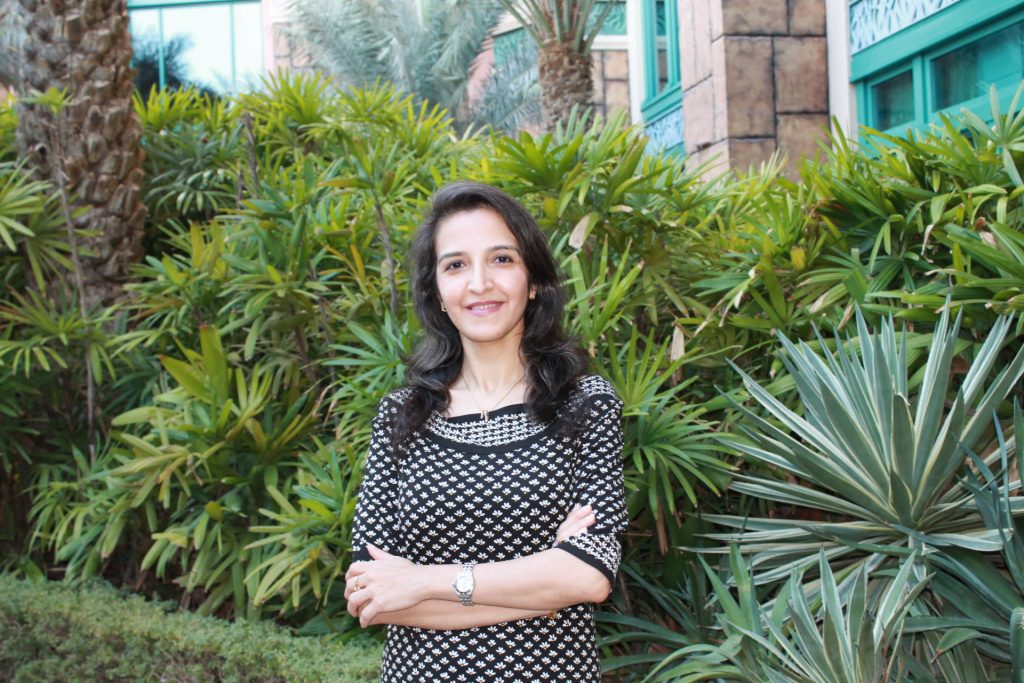It’s no secret that the Middle East is slowly but steadily becoming the new hotspot for vegans and free from products. 10% of the world’s population has switched to veganism as of September 2021, therefore, creating a spike in demand for vegan and free from products.
We caught up with vegan experts from diverse backgrounds to find out what they had to say about the big vegan wave that has washed up on the MENA region.
Revolution of Veganism in MENA Region
Veganism is no more a new concept to buyers and consumers. It has been trending in this region for the past few years thereby creating a massive revolution in the market. It has been compared to preventive medicine and Covid-19 has only accelerated this ideology.

Understanding MENA’s appetite for vegan and free-from products –
Both UAE and Saudi Arabia, 2 of the biggest GCC economies, are the highest per capita consumers of meat but it has duly been noticed that there is a growing yet unfulfilled demand for vegan products in these regions. In other parts of the world, veganism is adopted for ethical reasons while MENA treats it as an equivalent to fitness and a healthy lifestyle. This definitely gives brands and companies a new opportunity to capitalize on this and cater to the ever-growing demand of consumers.
Outlook towards beyond-meat products –
“Traditionally, a lot of vegans are meat eaters who made their transition to being vegans.
Vegan and free-from products are still not considered mainstream, therefore, making it easy
to state that there is so much potential in this arena. A lot of players are not looking at it
from the right point. Brands are consciously coming up with products that are a substitute
for meat. Therefore, there is a lack of vegan options for vegetarians who prefer to have
products that are not ‘beyond-meat’” started Akram Oomer, Co-Founder of Hayawiia,
winner of the prestigious FedEx start-up business of the year award.
Anaita added that “Beyond meat products that exist in the market often do not align with the fitness goal people associate with while adopting veganism because they’re heavily processed and consist of preservatives. There should be more focus on putting out quality products that are beneficial for the health of individuals and the planet.”
It was also noticed that Vegan beverages are a lot more mature and prevalent than the food section.
The challenges and potential roadblocks that could stop the progression of this market –
“The first challenge would be on how to make veganism mainstream. The only way to go about this is to talk or cajole people into becoming vegans,” shared Akram Oomer.
He also shared that “lack of regulation in the industry also poses to be a major issue. It would be helpful if there were independent bodies that would provide advice to manufacturers so that they can improve the quality of their products.”
 “The price gap between vegan and non-vegan products is extremely high. We need to elaborate on the benefits of the product that contribute towards enhancing the health and lifestyle of consumers in order to justify the high price point” said Pankaj Mamnani, Category Procurement Manager at SAFCO International, one of the leading foodservice distributors, importers, and exporter of superior quality food and non-food products in the UAE, Middle East region and international markets.
“The price gap between vegan and non-vegan products is extremely high. We need to elaborate on the benefits of the product that contribute towards enhancing the health and lifestyle of consumers in order to justify the high price point” said Pankaj Mamnani, Category Procurement Manager at SAFCO International, one of the leading foodservice distributors, importers, and exporter of superior quality food and non-food products in the UAE, Middle East region and international markets.
What would you as procurement heads expect from suppliers and their products in terms of labeling, packaging, and quality concerns?
“We expect packaging that provides clear and factual information along with accurate nutritional facts “states Pankaj.
How can veganism progress as a way of life in the middle east moving forward?
“Middle East has been synonymous with meat eating. A lot of the prevalent food is meat based in this region. It is going to take some time to convince people to convert to veganism. The manufacturers should focus on creating quality products that are appealing to consumers. Even though it’s such a meat-based society, there is huge potential for vegan products in this region as long as the products are priced well and are of good quality. As long as the products are of good quality, people are going to purchase and consume them. Since veganism has started to become prevalent in this region, manufacturers should focus on increasing awareness. A major suggestion would be to increase the shelf life of the products, therefore encouraging more people to purchase the products. If vegan products are made to have a longer shelf life than other products, supermarkets, and modern trade would be more than happy to keep them in their stores” shared Akram.
90% of the products that are available in this region are imported and it takes quite a while for products to reach here. What can suppliers do to ensure that their products have that optimum shelf life and reach their end consumers well within time before it expires?
Akram further goes on to state “It’s down to the manufacturing process, everything makes a difference. It starts from the chemical processes and goes all the way down to the packaging. Using different types of packaging can give about 3 months more of shelf life. But this is a knock-on effect. If you follow all these protocols, you’re going to end up with a product that is more expensive. So, it’s about finding that fine line which is going to be able to allow you to put out quality products and be able to handle the packaging, all this while trying to price the product accurately.”
What are your thoughts on free-from products? What sort of demand do you see for these products in this region?
“The trend for these products is evident. The main reason for this increasing demand is allergic reactions and other health concerns that consumers have. Sugar-Free and gluten-free products are very high in demand. These are markets that have potential within their personal space to be unique and lucrative. The pandemic has had a positive impact on the consumption of free-from products because people are seen to be more health-oriented now than ever” claims Anaita.
What advice would you give suppliers who are looking to export their vegan and free-from products to the middle east?
Akram responded that “The beauty of the GCC region is that it has products from all over the world. In order to differentiate your products from the rest, you have to either play a pricing game and put forth irresistible pricing that people cannot deny, or the second option would be to put out products of exceptional quality that people absolutely cannot refuse. UAE is the gateway into the entire GCC. In my view, if you want to break into this region, put out quality products and try to keep it as neutral as possible in terms of overselling your product.”
What is the role of e-commerce in helping vegan and free-from products reach the right audience?
“It helps in increasing the exposure of the products in the region. It helps SMEs to increase their products’ visibility and break into the market” reveals Pankaj and Akram.

